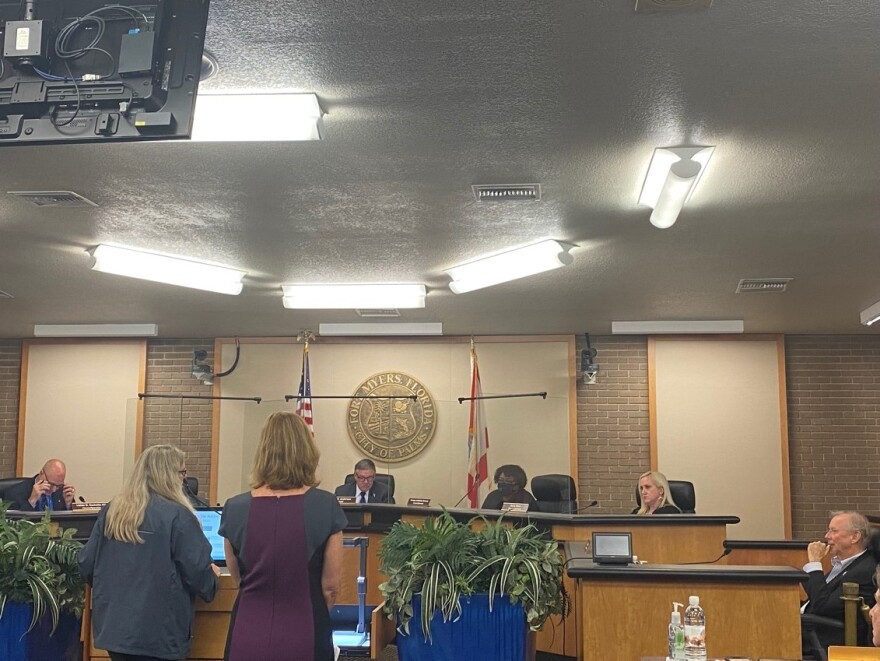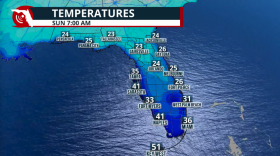Fort Myers is set to spend over $60 million to improve the water quality in the Caloosahatchee River. The city already accepted blame for repeatedly dumping untreated wastewater into waterways after the Department of Environmental Protection filed a consent order that detailed numerous violations of clean water regulations.
“The consent order lays out a timeline and specific tasks the city has to do to come back into compliance on these issues,” Calusa Waterkeeper John Cassani said. “They were given a choice that they could do some in-kind projects, or they could pay a fine of about $700,000. So that's kind of what the consent order did. Or is doing, it's ongoing.”
As a part of the city’s efforts to clean up the river they have entered into an agreement with the City of Cape Coral to construct a pipeline across the Caloosahatchee River that transmits reclaimed water from Fort Myers to Cape Coral. According to the pipeline’s official website, it will allow Fort Myers to dispose of surplus reclaimed water in an environmentally friendly way, while reducing the need to discharge into the Caloosahatchee River.
The City of Fort Myers has had multiple preliminary budget hearings for the upcoming 2021-2022 annual budget. There is just one more week to go before the next fiscal year begins, but the operating budget for the fiscal year won’t be officially adopted until Sept. 27.
“Just to let you know right up front, the ink is still not dry,” Deputy Director of the Budget for the Finance and Budget Department Christine Tenney said in the public budget hearing last week.
One item that isn’t likely to change is the $62 million that is set aside to pay for the pipeline known as the Caloosahatchee Connect.
“It is chiseled in stone,” Councilmember Liston Bochett said. “It’s how are we going to pay for it that’s the problem. Of course, money solves everything in these areas.”
The pipeline needs to be completed by January 2023 and while the original probable cost estimate for the pipeline was that it would only cost the city about $24 million, that figure has ballooned to $62 million today. It will likely take more than 20 years before the city sees a return on its investment.
“I’d like to reiterate my position in the workshop which is, we have to do this,” Bochett said amidst discussion about the cost of the pipeline. “The state is on our back. We’ve got a deadline. Our mistake, our oversight was that we’ve got a number that’s just bigger than we thought it was.”
While the city has requested additional funding from the state, as it stands, it will be paying for this project by borrowing money.
“If you kind of follow or understand how decisions are made within a city on infrastructure, it's expensive, and if you don't invest in, for example, sewage or water treatment infrastructure through time to keep it in pace with added growth, then you start to see the system fail,” Cassani said. “And I think that's what was happening here.”
Deputy Director of the Budget for the Finance and Budget Department Christine Tenney presents tentative citywide operating budget for the 2021-2022 fiscal year. Since the city accepted blame for repeatedly dumping untreated wastewater into waterways, it is now tied down to $62 million project to improve water quality in the Caloosahatchee.
This story was produced by Democracy Watch, a news service of Florida Gulf Coast University journalism students. The reporter can be reached at spsalovitz9028@eagle.fgcu.edu.








